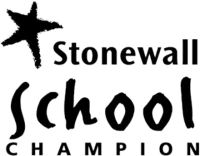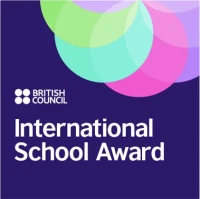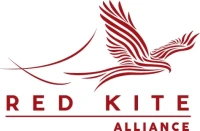English
“Once you learn to read, you will be forever free” Frederick Douglass
Curriculum Principles
At the heart of our curriculum is the necessity for all students to become judicious readers. We are deluged with a wealth of written information on a daily basis from more sources than ever before, with less quality control than ever before and we need our young people to be able to distinguish between truth and manipulative content presented as fact; ‘fake news.’ Through engaging with non –fiction, students can begin to reflect on local, national and global issues developing all important viewpoints that will enable them to use their voices in everyday life with courage and conviction.
We are passionate about encouraging a love of reading in a world that has become so full of noise. Reading can offer quiet reflection and the opportunity for students to explore human behaviours and motivation; to travel to far flung places geographically and across time. We want them to learn about where their language comes from, embrace their literary heritage and explore the unheard voices in society. Students will glean that human behaviours never really evolve and that Shakespeare faced the same challenges of crafting his characters as contemporary writers today and with this they will reflect upon assertions and abuse of power, consequences of decisions made and issues of morality.
We also must not lose sight of the importance of students acquiring oracy skills and understanding the language choices that they make in everyday life and how they must learn to adapt their word choice according to context. This will empower students to thrive in all areas of life and in particular with further education and work opportunities.
Curriculum Features
English has long been seen as a predominantly skills-based subject, we need to redress the balance so that powerful knowledge forms the foundations of student learning. GCSE English Language and Literature requires students to demonstrate greater core knowledge; we want students to move away from the ‘you can’t revise for English’ myth that can inhibit the preparation for exams to recognising the value of knowledge. To reflect the explicit shift to core knowledge we need our assessments to also expand beyond purely assessing reading and writing skills to the recalling of key information.
The next challenge we face in English is that the choice of books to build into our curriculum is endless particularly at KS3. With this in mind we have created a curriculum that is thematically linked from module to module with students reading widely, reflecting upon a range of genre conventions, literary heritage and viewpoints.










